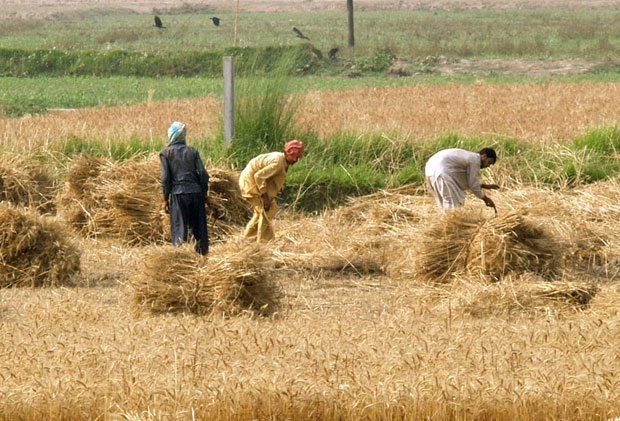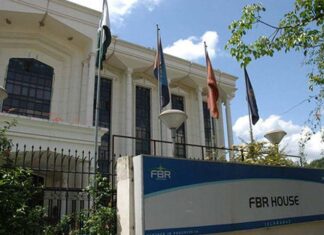ISLAMABAD
Pakistan launched the Punjab Soil Fertility Atlas on Thursday – a publication aimed at monitoring and sustaining soil fertility and strengthening the agricultural sector.
Minister for National Food Security and Research Sikandar Hayat Bosan, USAID Mission Director Jerry Bisson, and Pakistan Agricultural Research Council Chairman, Dr Yusuf Zafar, inaugurated the Punjab Province’s Soil Fertility Atlas at the National Agricultural Research Center here on Thursday.
Speaking at the launching ceremony the Bosan said, “I am confident that the Soil Fertility Atlas for Punjab province will help define the soil fertility management changes required for sustainable intensification in the Punjab province. I expect an array of stakeholders to benefit from this Atlas including farmers, extension workers, soil, agriculture, environmental professionals, economists and policy makers in the public as well as private sectors.”
“The atlas we are launching will help in understanding the soil fertility management changes required for sustainable intensification in Punjab, which is the bread basket of Pakistan and accounts for 60 per cent of Pakistan’s agricultural output,” Bisson said.
This initiative is a partnership between the Food and Agriculture Organization of the United Nations (FAO), the ministry of national food security and research, the Pakistan Agriculture Research Council (PARC), the United States Agency for International Development (USAID), and the U. S. Department of Agriculture (USDA).
FAO representative to Pakistan, Mina Dawlatchahi, said, “This project is an important contribution towards the eradication of hunger and food insecurity by making agriculture in Pakistan more productive while protecting the soil through sustainable agriculture practices.”
The atlas is based on agricultural statistics, field-based assessment and data from provincial and federal departments and agencies. To complete the atlas, a series of workshops and consultations were conducted with local farmers at various locations across Punjab to gather information from growers of major crops like wheat, rice, cotton, maize, and sugarcane.























